Habitude, Fortitude and Gratitude: Community Partners’ Resilience Inspires Us
As we all confront new questions and conflicts each day about our safety, health and economic security during the pandemic, we appreciate our inspired partners around the world. Every Global Volunteers development partnership has its own origin story and offers its unique inspiration. And, local community leaders personally have overcome threats to their own peace and justice – some persisting for generations. What strength of purpose and resolve do people in our host communities possess that we can emulate during our own times of struggle? Read on for timely lessons of resilience.
Captains of Different Ships
“To us, a hardship is an opportunity that allows us to advance,” says Sagrada Familia Founder Miguel Rodríguez, our community partner in Peru. “I believe that the seas are troubled for everyone right now. But we all have different ships. Others have great ships, very big and solid. Our ship is feeble. But we must learn to be good captains because in the worst storms, the best captains are made.”
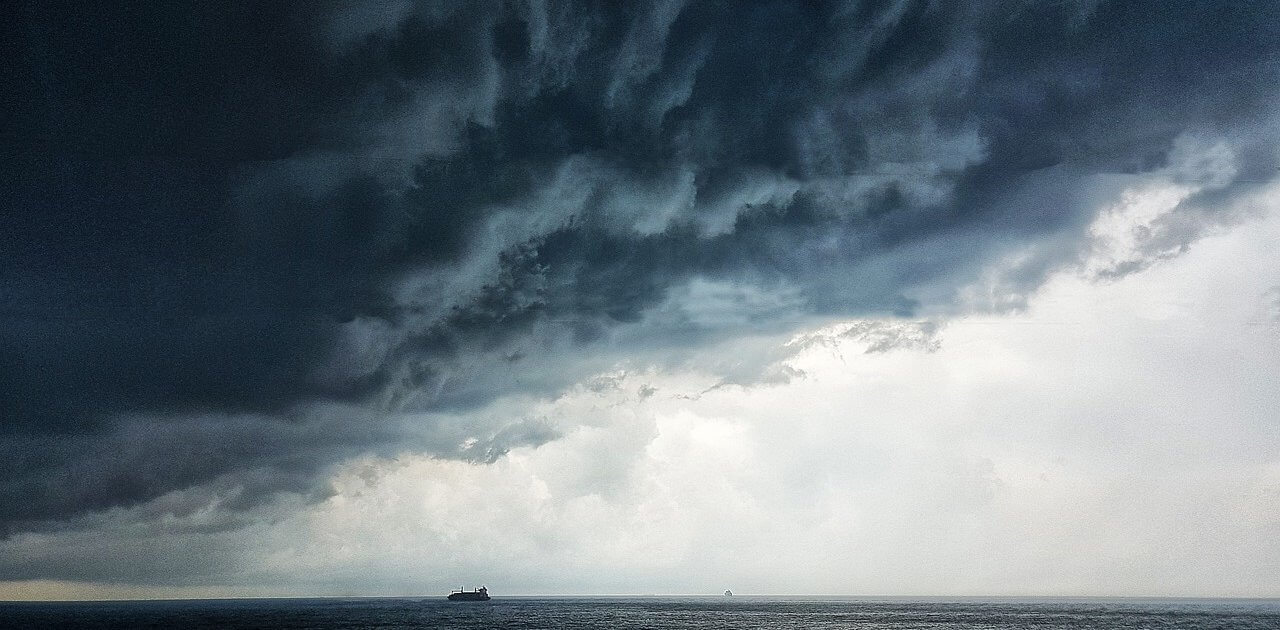
Miguel is a steady captain. A man whose life transformed the instant his youngest son died, he asserts: “Adjusting comes from the attitude you have in life. We have a positive mindset. We have a growth mindset. We don’t have a fixed mentality, but one of growth that allows us to adjust to difficulties and overcome them.” He preaches this visionary habitude like a sermon to the resident children of the community – heading off creeping discouragement during hard times.
“When I was leaving the hospital after my son’s death, I saw around me children who would not get medical attention. There was huge discrimination towards kids from the street. That gave me a first impulse to truly see the poverty. And I knew that circumstances can be defeated through education.” From that moment, he decided to abandon his life of privilege in the city and establish a refuge for abandoned children in the shanty towns outside Lima. “That gives me the strength to face any difficulty; knowing that you allow children to defend themselves through your efforts. The children are our hope. They assure you that a different world is possible.”
Papa’s House Director and Global Volunteers Consultant in Nepal, Buddhi Man Seresta says: “I want to convey to the youth of the world that life is beautiful. It is all about happiness. But life gives us challenges, which makes us stronger. It helps us to grow wise and brave, and we must be ready for anything that life offers.”
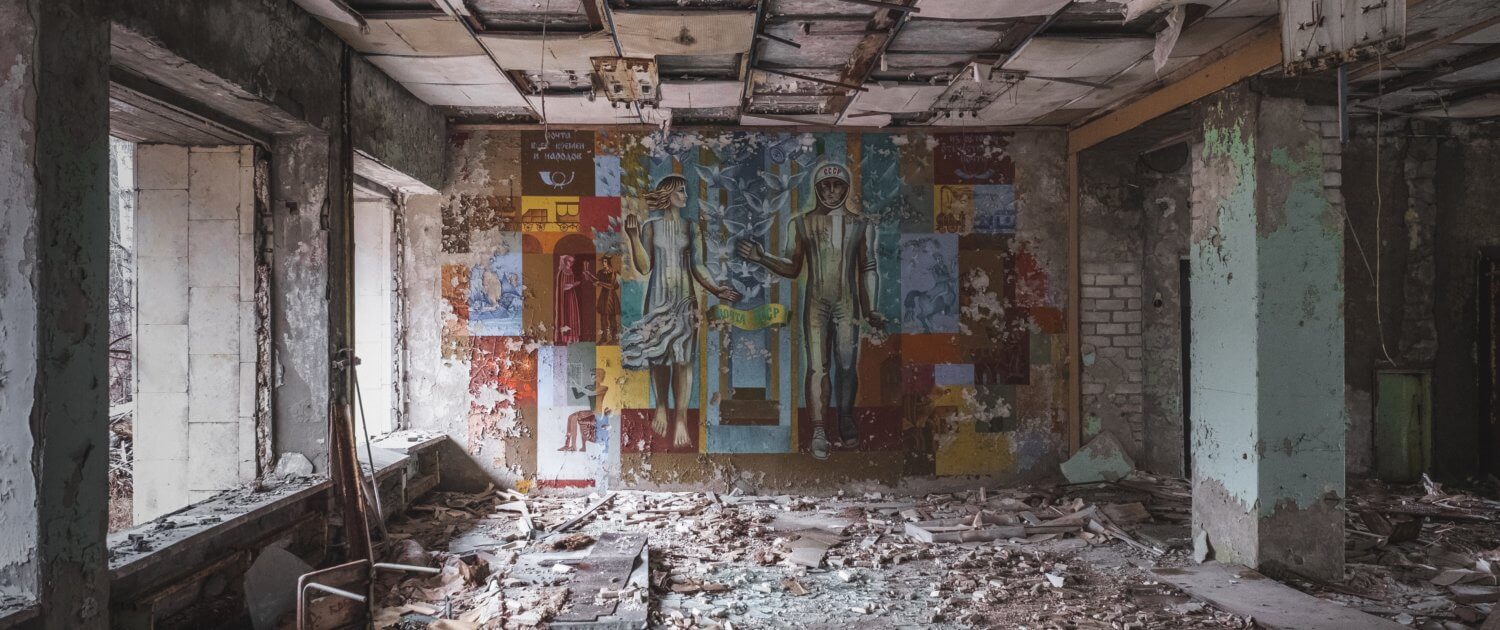
History Defines the Future
Buddhi Man pensively offers perspective on the historical traumas of the Nepalese society: “We’ve faced many hardships – the biggest one being the earthquake in 2015, which destroyed our country. We also have faced India’s blockade of all supplies to our country for more than a month. Not to mention the Maoist issue with all the in-fighting. Through all these hardships, we’ve learned to survive, and more – we’ve grown to this stage. All these facts give me resilience and strength to face the current trauma.”
Our longtime partner in Poland, Marek Błaszczyk, cites his homeland’s history as a source of strength to the Polish people. “For over 120 years, Poland disappeared from the map of the world, partitioned between Russia, Germany and Austria, but the language and religion survived. Then later, Germany and Russia attacked Poland from two sides during World War II. We went through difficult times of transformation from a communist system to democracy and a free economy. We experienced great unemployment and inflation in the 80’s and 90’s, which ended with the money denomination. Throughout it all, Marek says, the people’s determination and clear focus always prevailed. “Our historic victories and successes – those from one hundred years ago and those from thirty years ago – have proved our unwavering pursuit of freedom and the bonds of solidarity that bind us to the source of enormous strength. During the course of my life, I learned patience, perseverance, empathy, enjoying small things, taking care of my family, being open to the world and other people. My hope for the future is the bright youth – especially my grandchildren.”
Recent Greek history inspires community partner English teacher Matina Papoutsidakis and hotel owner Sophia Tsalopoulos to endure current sacrifices. During the economic recession of 2008-2012, both women reflected on all their country endured, and overcame. Matina says: “I always think that tomorrow is another day, a different day, and things might change. Things will eventually get better because I believe that, in the end, the good always wins.” Aristotle Tziampiris, Associate Professor of International Relations at the University of Piraeus, provides a comprehensive perspective of the Greek’s struggle. “Consider that in the 20th century alone, Greece confronted two Balkan Wars, two World Wars, the 1923 mass population exchange with Turkey, fascist and Nazi occupations that included a deadly famine and the annihilation of its Jewish community, a disastrous civil war, mass immigration abroad, numerous coup d’états, several major dictatorships, the 1974 Cyprus events and near-military confrontations with Turkey on various occasions. It is worth keeping in mind that after every catastrophic phase, after every setback, Greece managed to survive, recover and even prosper. The resilience and adaptability of the Greek people are not to be underestimated.” (Quoted from the New York Times)
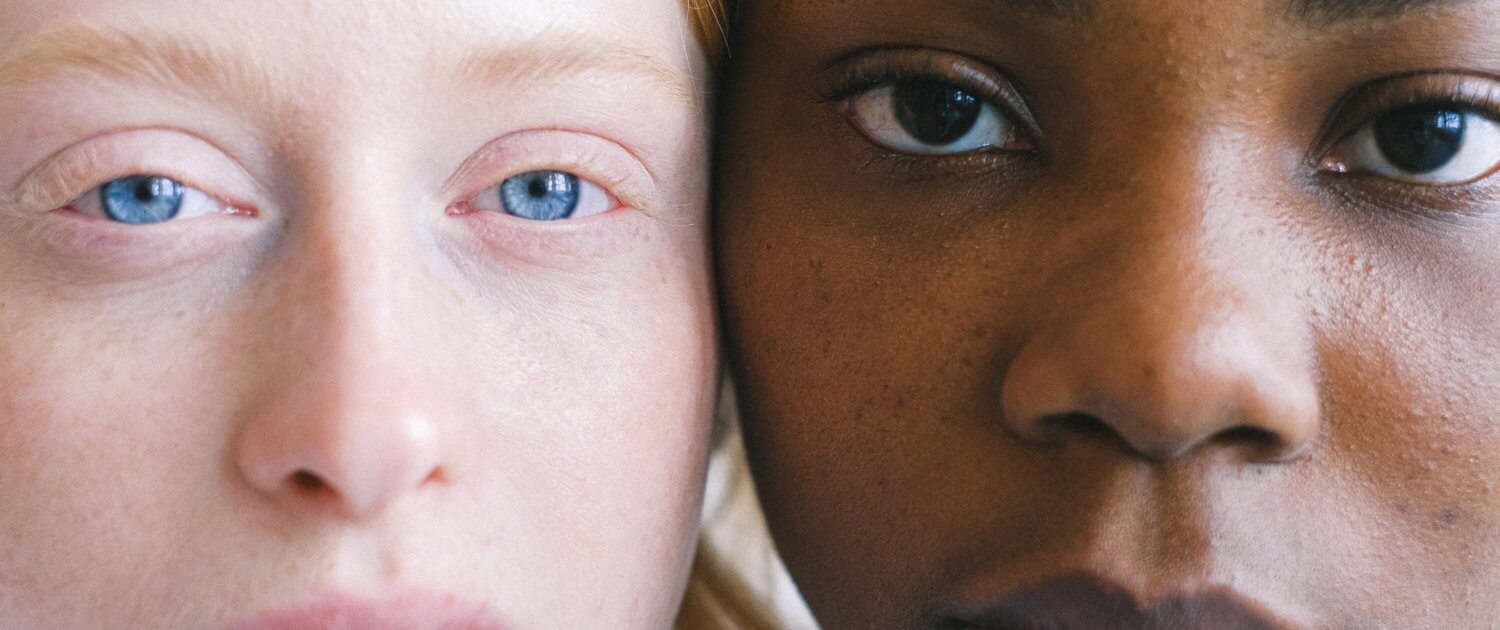
Culture Defines our Strength
Camillus Laurencin, director of CARE, an alternative school for adolescents, and Global Volunteers’ community partner in St. Lucia, credits the easy-going and forgiving Caribbean culture for helping local people weather economic, health, political and yes… climatic storms. “For instance, the focus of the CARE program is to give students a second chance to improve their futures. The results you get after your struggle is what makes it worthwhile. It is in line with my personal and spiritual beliefs as well.” We always must get a second chance, he says.
“Let’s not drown in our worries because there is always a way out even if it seems that everything is complicated and that it is difficult,” asserts Yolanda Galarza de Molina, our community partner in Ecuador. “Every adversity is an opportunity to learn new things and to see the positive side of things. Our community will be stronger when it emerges from the pandemic because family ties and solidarity with each other have been strengthened. Our religion and principles with which we were raised give us the resilience and strength to face trauma because we know how to differentiate the good from the bad. We also know how to identify the strengths and opportunities in the different circumstances that arise in our lives, and even more so in these difficult moments in which family and health are the most important things.”
Miguel adds that looking to cultural mores helps light a path during difficult times. “Our culture teaches all the values and strength we need. Our ancestors showed us their capacity to keep their beliefs, faith, work ethic, and respect for life through these four “allintas,” these precepts of Incan philosophy: Allinta munay means ‘love yourself well’ in quechua. Allinta yachay means ‘learn well and say what is good.’ Alinta ruway means ‘everything you do, do it well.’ And Allinta causay means ‘everything you do, do it happily.’ Give your best in everything you do, even when you breathe, you must give your best. To love you must give your best. For everything you do in life, you must give your best. We use these precepts and match them with our reality, together with a positive and assertive mindset that allows us to do things well.”
Marek concludes: “With my head held up, I talk to volunteers about what Poles feel, especially the generation that survived the war, camps and the Holocaust. I hear more and more often how Germans, French, Americans, English, etc. admire Poles for what we have managed to achieve despite such a difficult history. My Polishness is a treasure for me. I defend it like a fortress and take care of it as much as I can. The world is so big and beautiful, but there is only one homeland – Poland.”
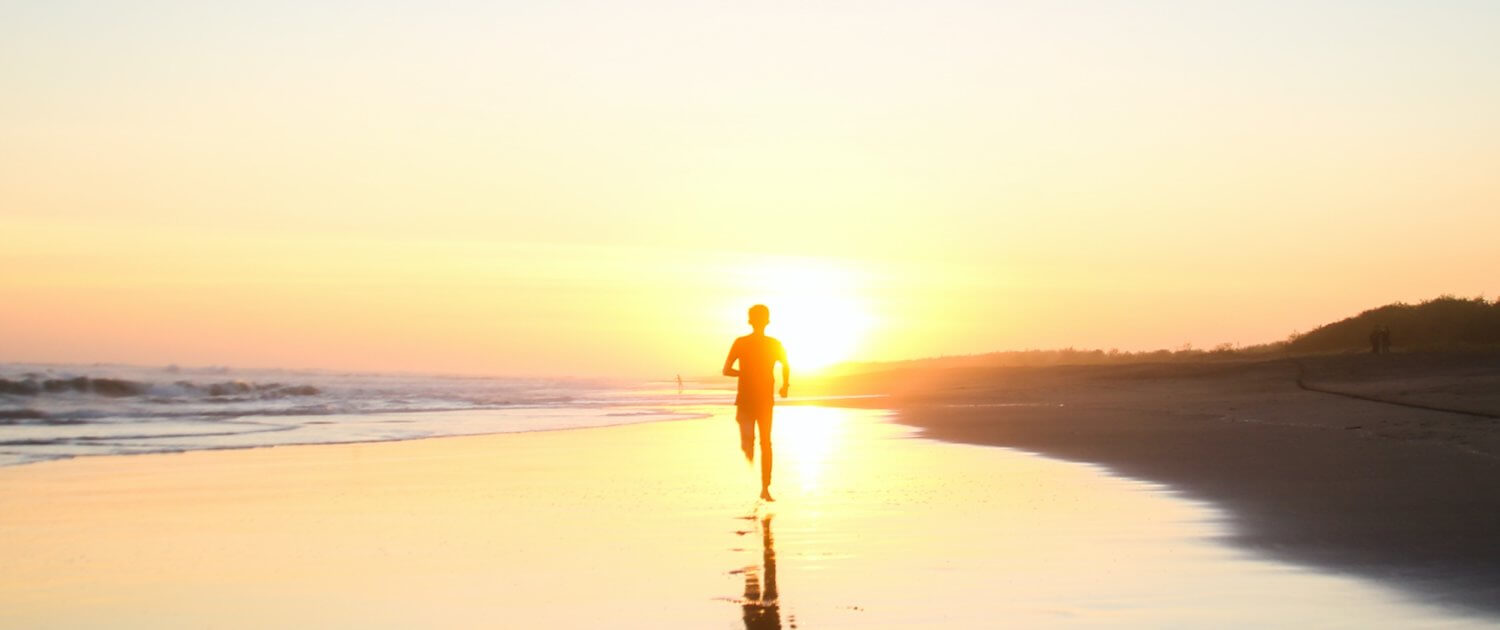
We Can Get Through This
Miguel, Yolanda, Camillus, Buddhi Man, Marek, Matina and Sophia counsel Global Volunteers supporters and friends to reflect on their own cultures and ancestral lessons to endure the pain of the global pandemic, and all future challenges. The point is to learn each day how to discover the opportunities in hardship. “Because you know that tomorrow the sun will shine for everyone. Of course, there will be differences. And we don’t begrudge those who have resources,” Miguel asserts. “But we believe God has given them the chance to have resources for a reason. We focus on what we can do. And our hope is in the children. Our hope is in our hands, on us, on each of us and our capacity to overcome these hardships and to make a difference despite them.”

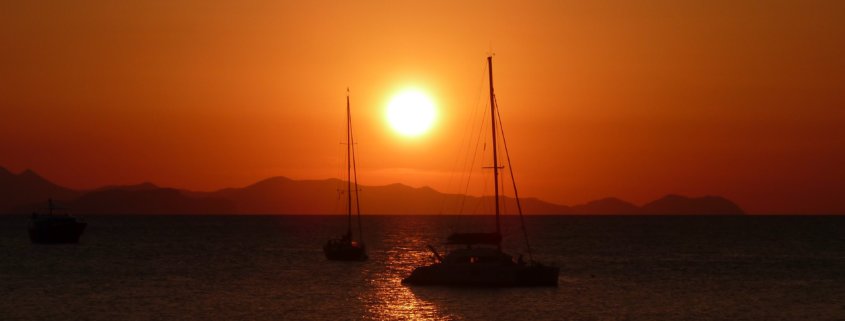


Leave a Reply
Want to join the discussion?Feel free to contribute!